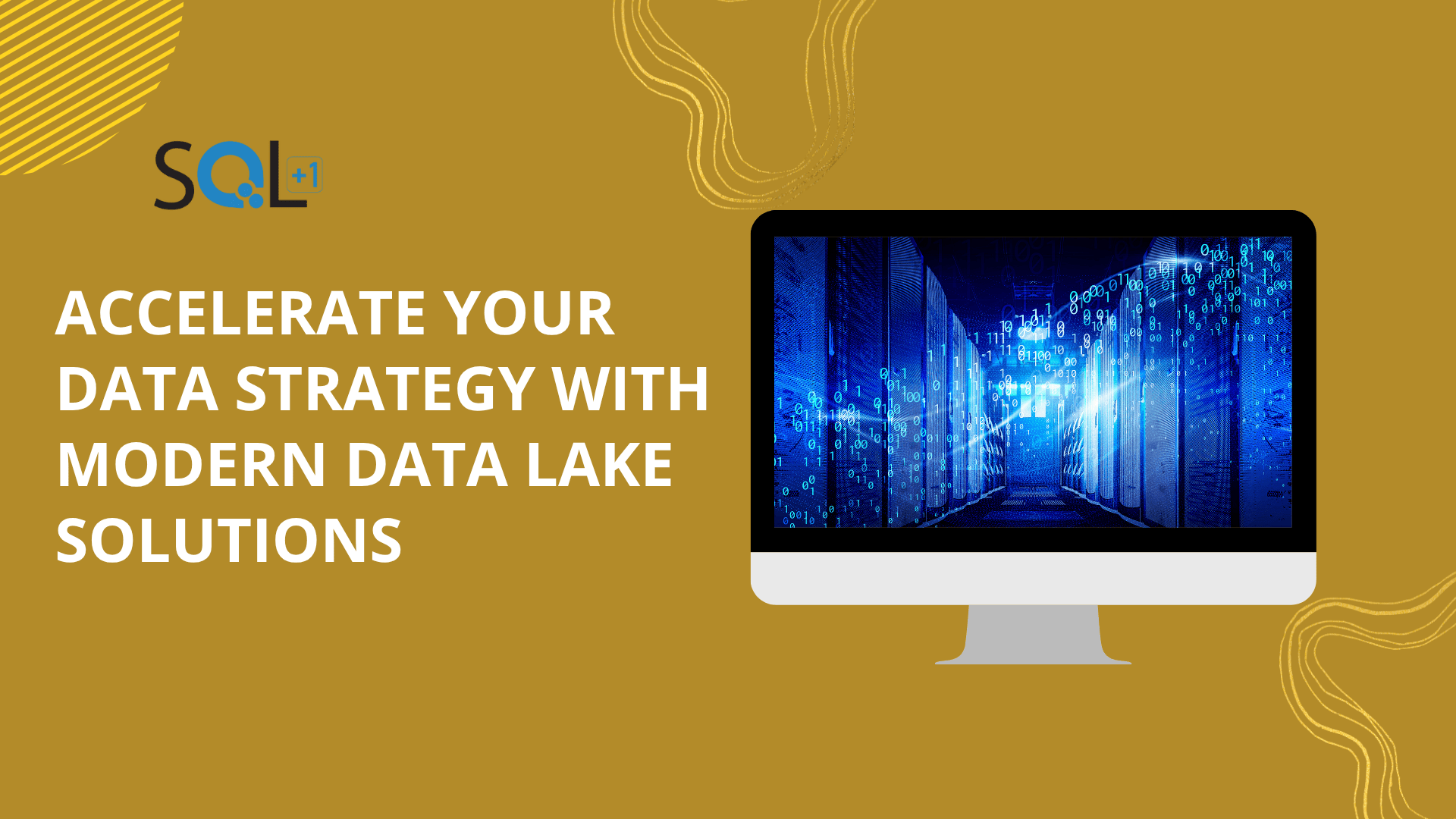
In the digital age, Data Lake Solutions is one of the most valuable assets for businesses. But as organizations collect increasing volumes of data — from websites, IoT devices, apps, and customer interactions — traditional databases and data warehouses often struggle to keep up.
This is where Data Lakes come in.
Data Lakes provide a flexible, scalable, and cost-effective solution for storing all types of data — structured, semi-structured, and unstructured — in one centralized repository. Leveraging a modern data lake architecture allows organizations to accelerate their data strategy, unlock advanced analytics, and power AI/ML initiatives.
A Data Lake is a centralized repository that enables you to store vast amounts of raw data in its native format. Unlike traditional databases, which require predefined schemas, data lakes offer schema-on-read flexibility — allowing you to store data first and structure it later based on your needs.
Data Lakes support a wide range of data types:
Modern businesses rely on data to:
However, siloed data stored in disparate systems limits the potential of analytics initiatives. Data Lakes solve this challenge by consolidating data into a single source of truth, enabling faster and more accurate decision-making.
A robust Data Lake architecture typically includes:
Building a modern Data Lake is one of the smartest investments an organization can make to future-proof its data strategy. Whether you’re starting small or managing petabytes of data, a Data Lake enables your business to store, manage, and analyze data more effectively — driving innovation and competitive advantage.
If your organization is exploring Data Lake Services or looking to upgrade your existing data architecture, consider partnering with experienced Data Lake consulting providers who can guide you through the strategy, design, and implementation phases.
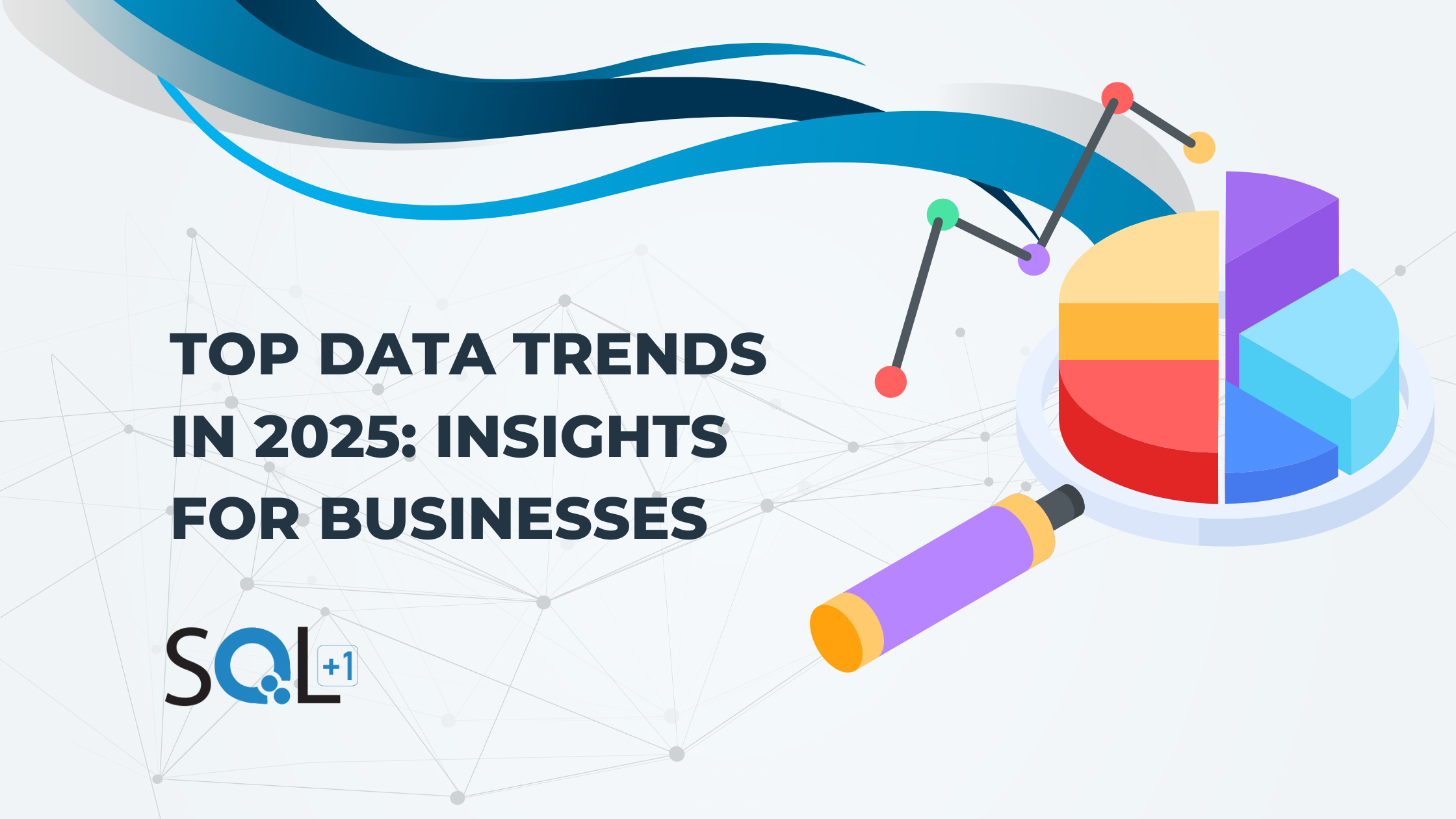
May 9, 2025- By: Sqlplusone
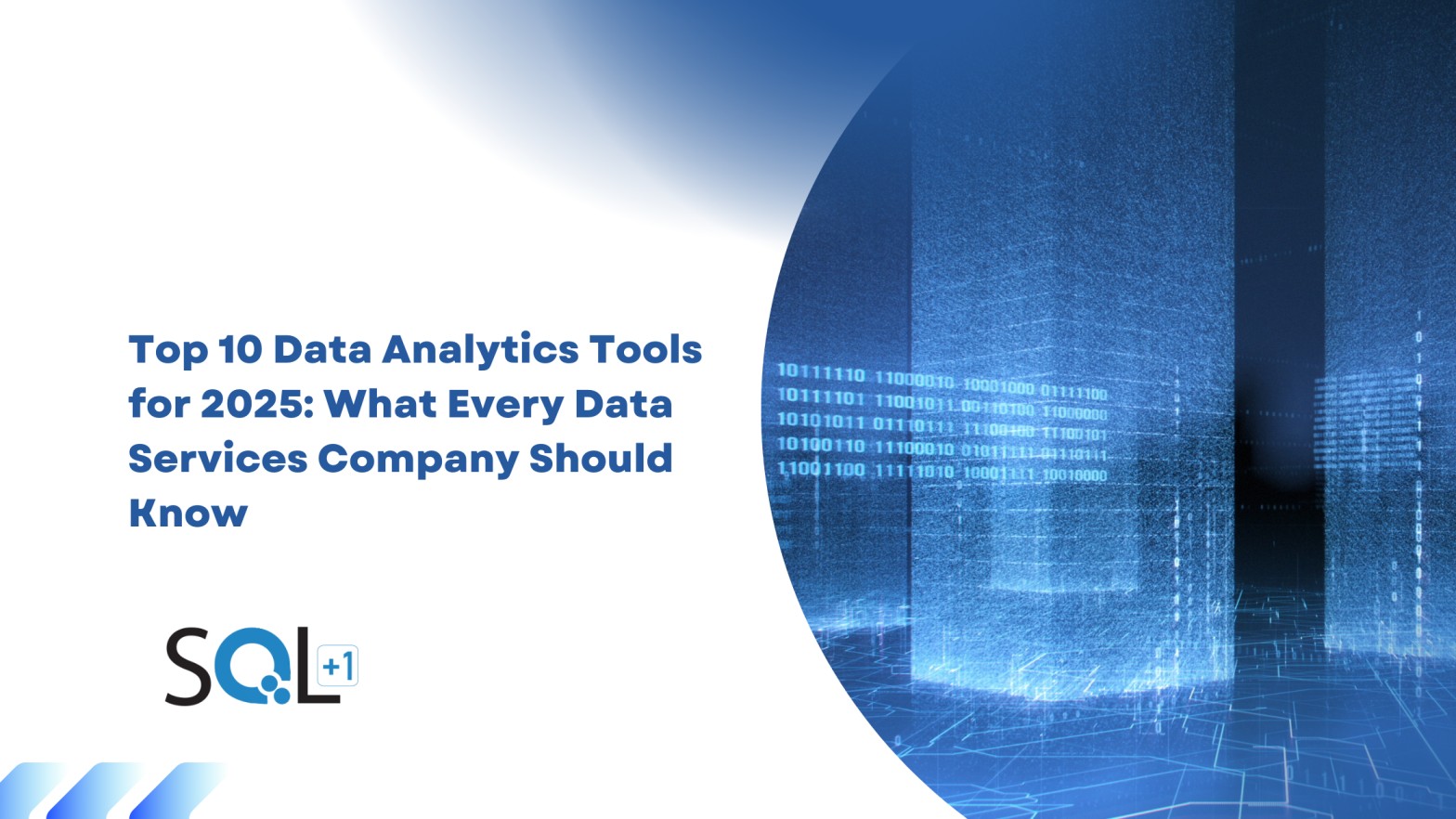
May 24, 2025- By: Sqlplusone

Apr 9, 2025- By: Sqlplusone

May 4, 2025- By: Sqlplusone

May 30, 2025- By: Sqlplusone
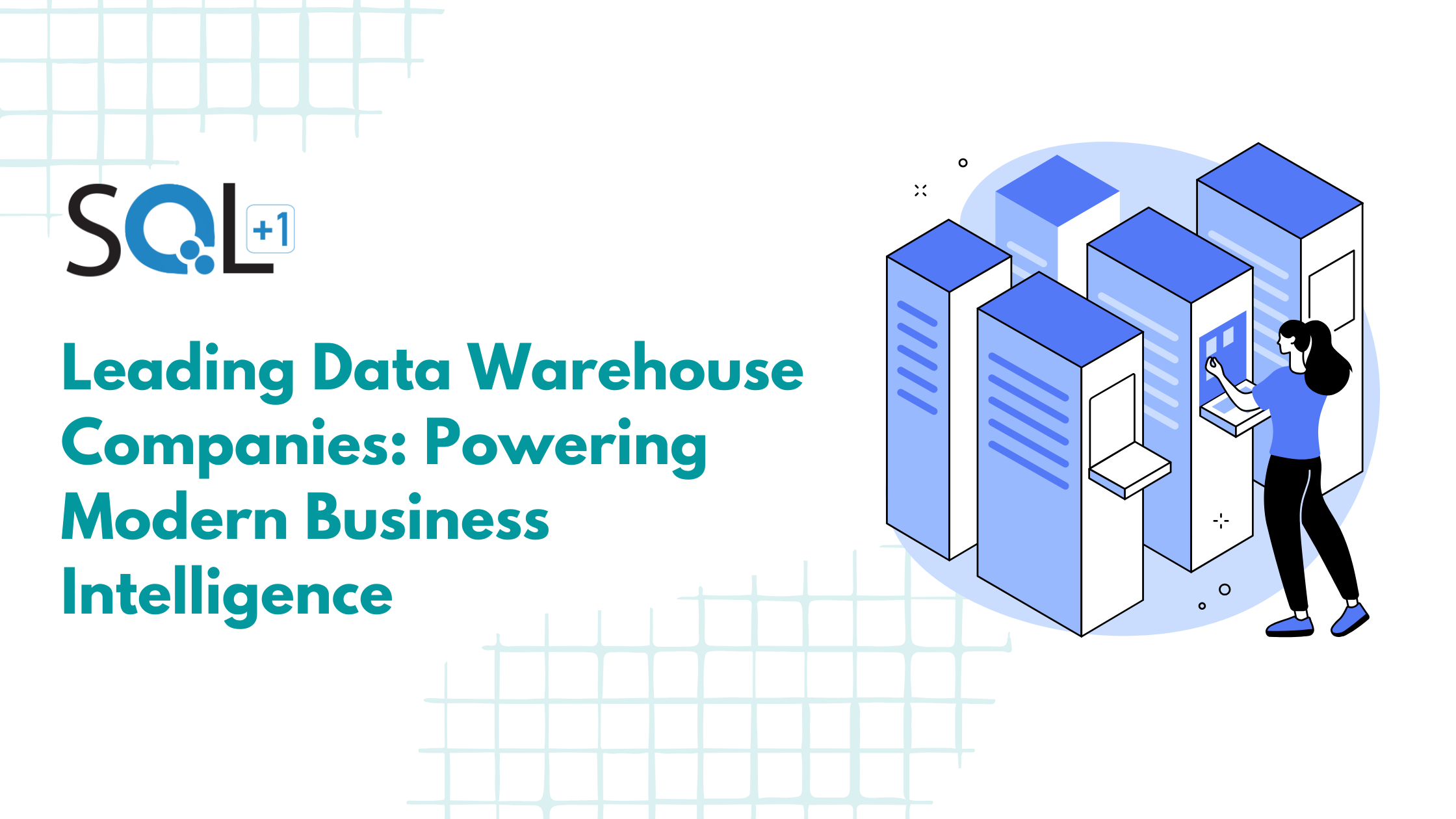
Jun 25, 2025- By: Sqlplusone
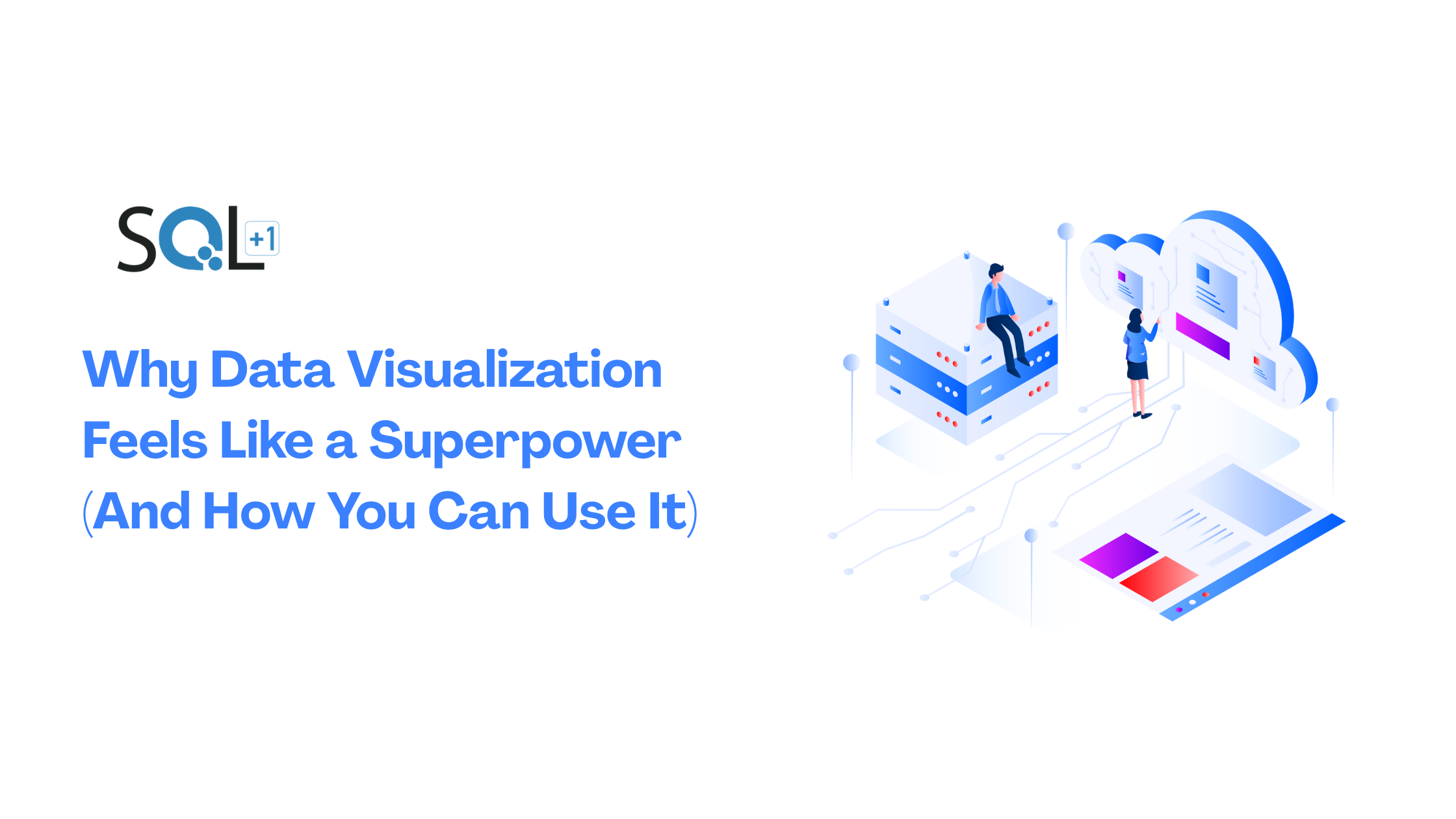
Jun 13, 2025- By: Sqlplusone
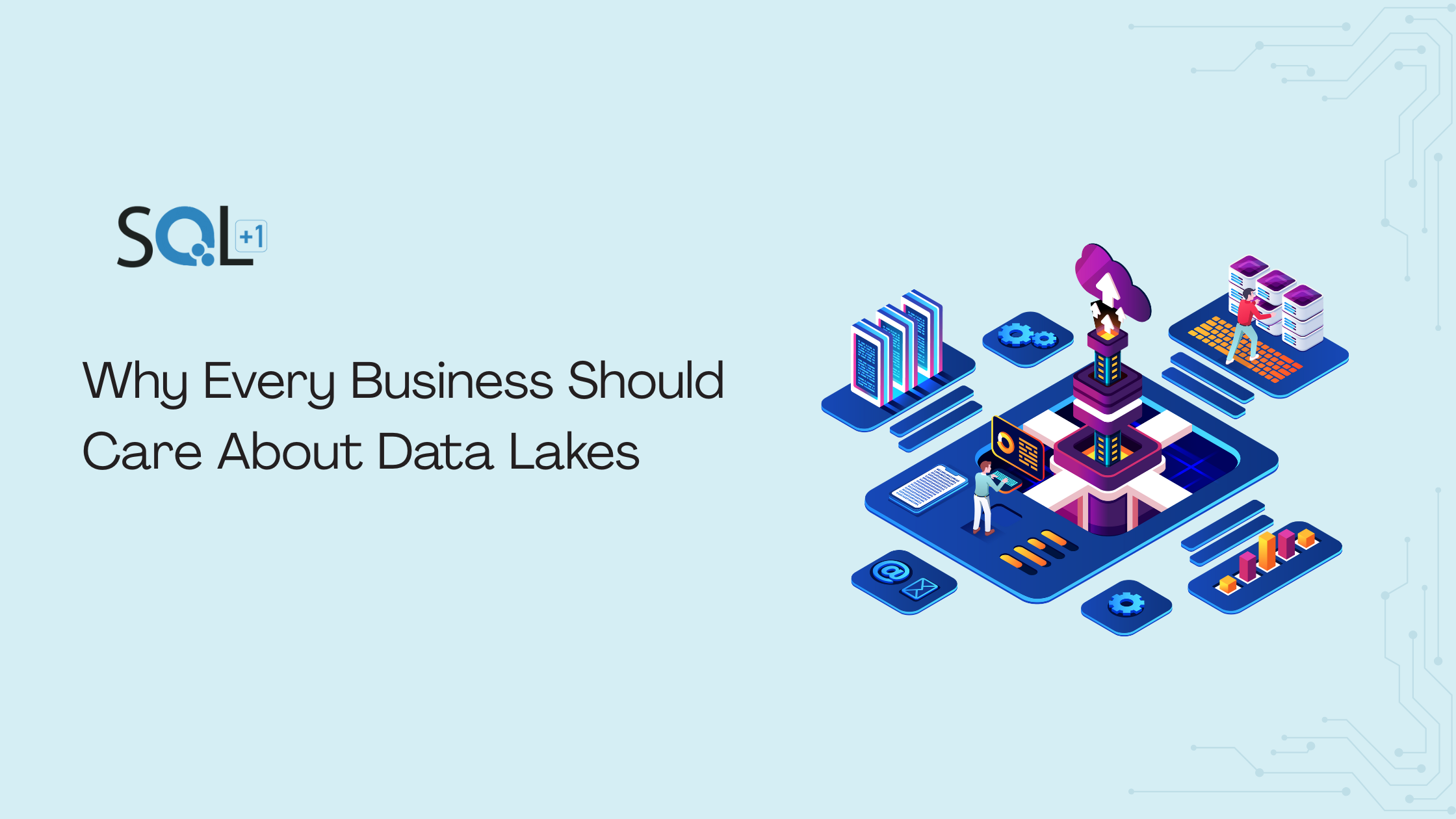
Jun 8, 2025- By: Sqlplusone

Jun 6, 2025- By: Sqlplusone
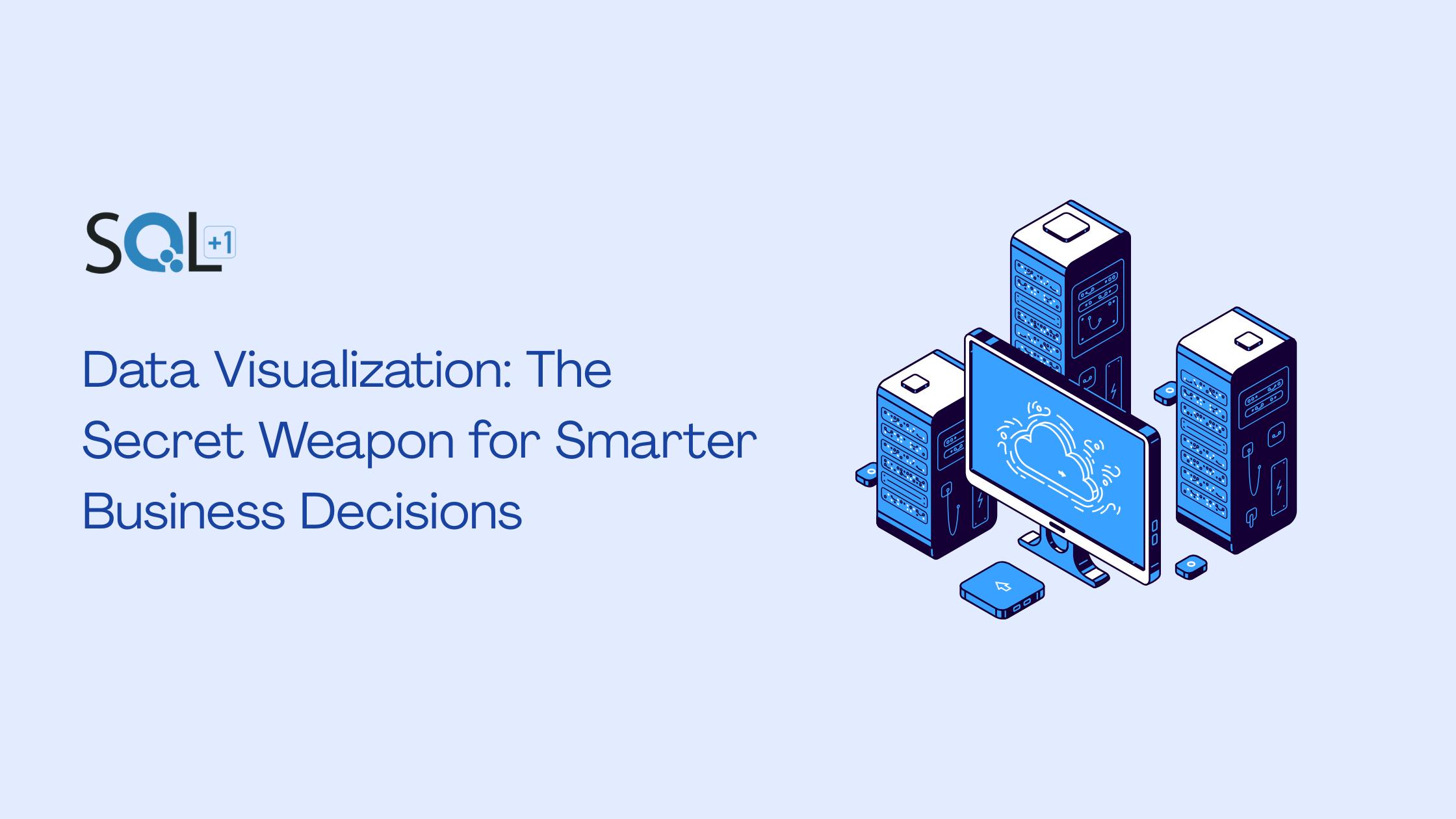
Jun 4, 2025- By: Sqlplusone